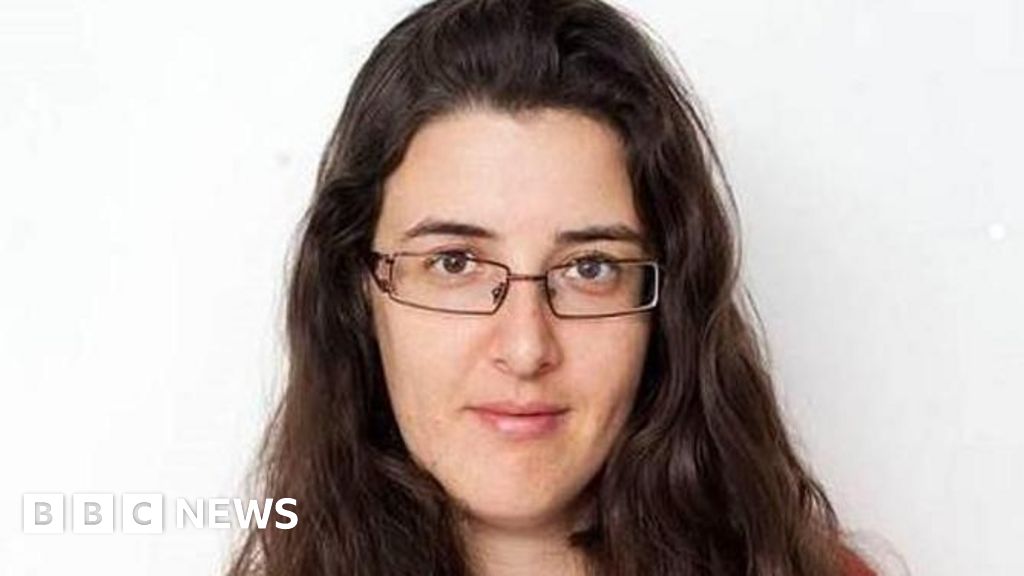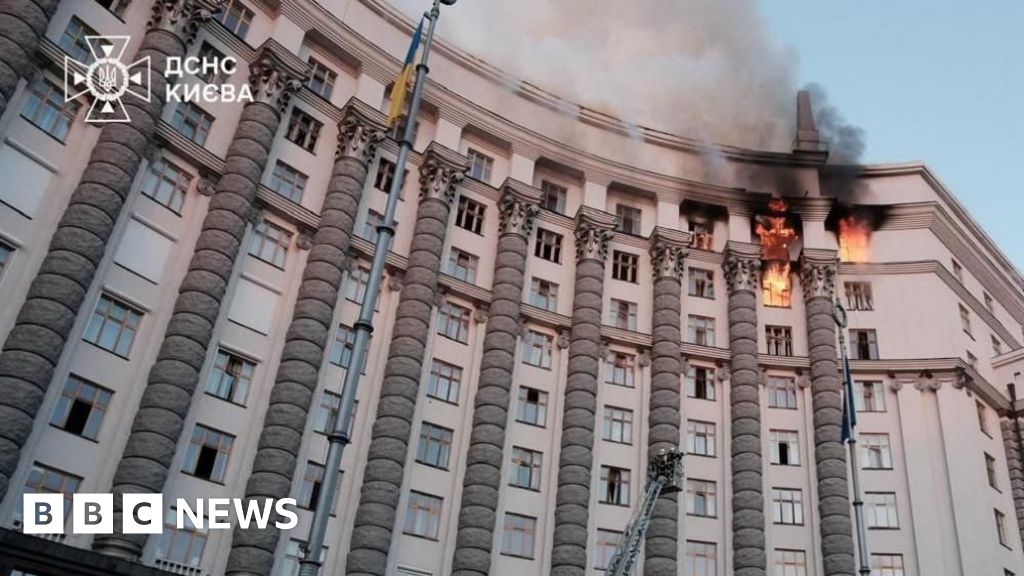ARTICLE AD BOX
Nadine YousifBBC News, Washington
The US Supreme Court has ruled sweeping immigration raids in Los Angeles can continue for now, lifting a federal judge's order that had barred agents from making stops without "reasonable suspicion".
The Monday ruling is a win for President Donald Trump, who has vowed to conduct record-level deportations of migrants in the country illegally.
The 6-3 decision of the conservative-majority court allows agents to stops suspects based solely on their race, language or job, while a legal challenge to the recent immigration sweeps in LA works its way through the courts.
The liberal justices dissented, saying the decision puts constitutional freedoms at risk.
Conservative Justice Brett Kavanaugh wrote in Monday's decision that the lower court's restraining order went too far in restricting how Immigration and Customs Enforcement (ICE) agents could carry out stops or questioning of suspected unlawful migrants.
"To be clear, apparent ethnicity alone cannot furnish reasonable suspicion," he wrote. "However, it can be a 'relevant factor' when considered along with other salient factors."
- Trump's mass deportation drive collides with city of immigrants
- Farm workers fearing deportation stay in California's shadows
The Supreme Court's three liberal justices issued a strong dissent penned by Justice Sonia Sotomayor, who wrote that "countless people in the Los Angeles area have been grabbed, thrown to the ground, and handcuffed simply because of their looks, their accents, and the fact they make a living by doing manual labour."
"Today, the Court needlessly subjects countless more to these exact same indignities," she wrote.
The decision undoes a ruling by US District Judge Maame E Frimpong in Los Angeles, who had said that there is a "mountain of evidence" showing the raids were violating the US Constitution.
Judge Frimpong ordered in July that the raids be halted, and said the Trump administration cannot rely on factors like "apparent race or ethnicity" or "speaking Spanish" alone to stop or question individuals.
His order also barred immigration enforcement agents from conducting stops based solely on someone's presence "at a particular location" like a bus stop, agricultural site or car wash, or based solely on the type of work an individual does.
He issued the order in a legal challenge by immigration advocacy groups, who argued that immigration officers in Los Angeles were conducting "roving patrols" indiscriminately, and were denying individuals access to lawyers.
Judge Frimpong said this may violate the Fourth Amendment of the Constitution, which prohibits unreasonable searches and seizures by the government.
The Supreme Court, however, said that the administration's actions have a good chance of being considered constitutional by the federal courts.
Lawyers for the Department of Homeland Security have argued that immigration officers are targeting people based on their legal status in the US, not skin colour, race or ethnicity.
They have also said that Judge Frimpong's order wrongly restricted ICE operations.
The Trump administration began sweeping immigration raids in Los Angeles in June, stopping and aresting people at Home Depot and other workplaces, and were met with immediate protests and civil unrest..
Trump then deployed nearly 2,000 National Guard troops and 700 Marines in response, without authorisation from the state of California.
A federal judge has since ruled that the National Guard deployment was illegal. The White House responded that "a rogue judge is trying to usurp" the president's authority "to protect American cities from violence and destruction."
The US Supreme Court's decision to let the raids continue comes as the Trump administration looks to ramp up law enforcement in other cities, including Washington DC.
In August, Trump ordered National Guard troops to the American capital to address what he says is high crime in the city, and is also using federal officers to bolster the district's law enforcement.
He is now signaling that this week he will decide if he will also send federal law enforcement and the National Guard to Chicago.

 1 day ago
14
1 day ago
14








 English (US) ·
English (US) ·